Description
The stages of the project life cycle are crucial for any successful project management. These stages help to ensure that the project is properly planned, executed, and completed in a timely and organized manner. Understanding and implementing these stages can make a significant difference in the outcome of a project.
The first stage of the project life cycle is initiation. This is where the project is identified and defined. It involves setting up the project structure, identifying stakeholders, and determining the project scope, objectives, and deliverables. During this stage, project managers will create a project charter that outlines the project’s purpose and requirements.
The second stage is planning. In this stage, project managers will develop a detailed project plan that outlines the tasks, timelines, resources, and budget needed to complete the project successfully. Planning also involves risk management, communication strategies, and setting up monitoring and control systems to track progress.
The third stage is execution. This is where the actual work of the project takes place. Project managers will coordinate resources, communicate with stakeholders, and oversee the work being done to ensure that it aligns with the project plan. This stage is critical for staying on track and meeting project deadlines.
The fourth stage is monitoring and controlling. During this stage, project managers will regularly review the project’s progress, track performance, and make any necessary adjustments to keep the project on track. Monitoring and controlling help to identify and address any issues that may arise during the project.
The final stage is closure. This is where the project is officially completed, and the deliverables are handed over to the stakeholders. Project managers will conduct a post-project review to assess the project’s success, lessons learned, and any areas for improvement in future projects.
Fully editable templates related to the stages of the project life cycle can be a valuable resource for project managers. These templates can help in creating project charters, project plans, risk registers, communication plans, and other project management documents. With fully editable templates, project managers can easily customize the documents to suit their specific project needs, saving time and ensuring consistency across all project-related documentation. These templates can streamline the project management process and help in effectively implementing the stages of the project life cycle for successful project completion.



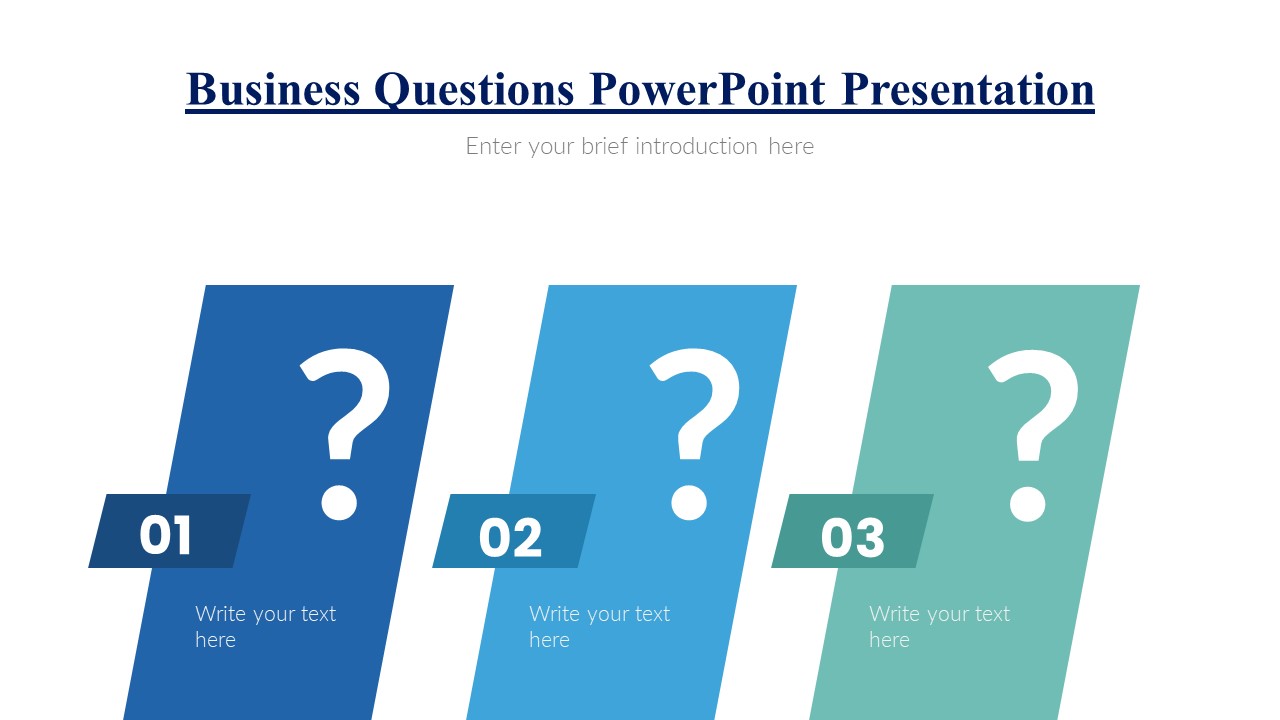
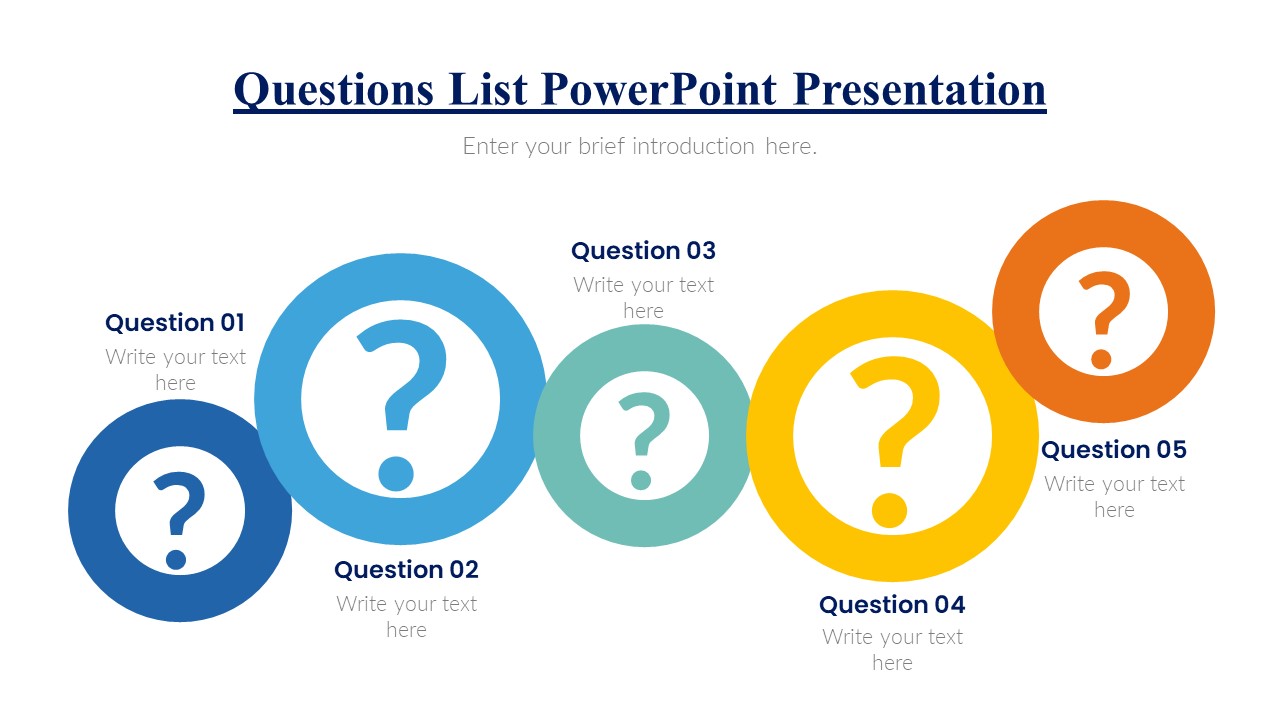
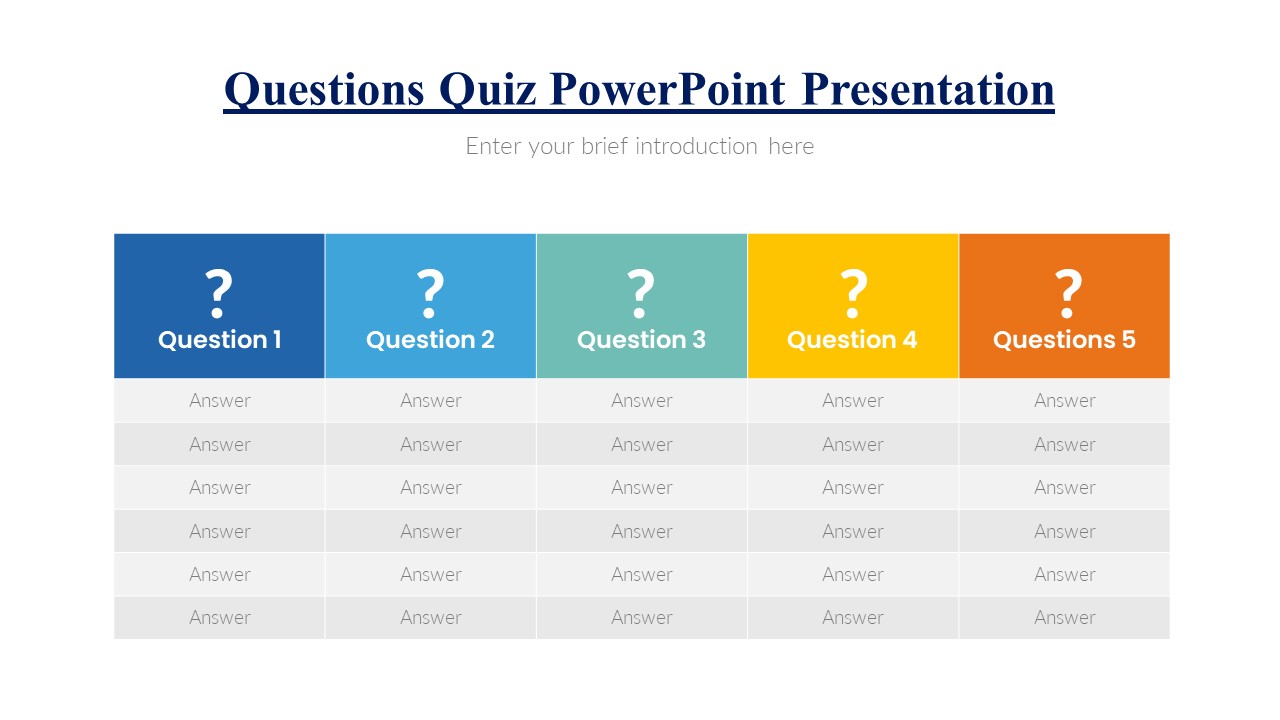
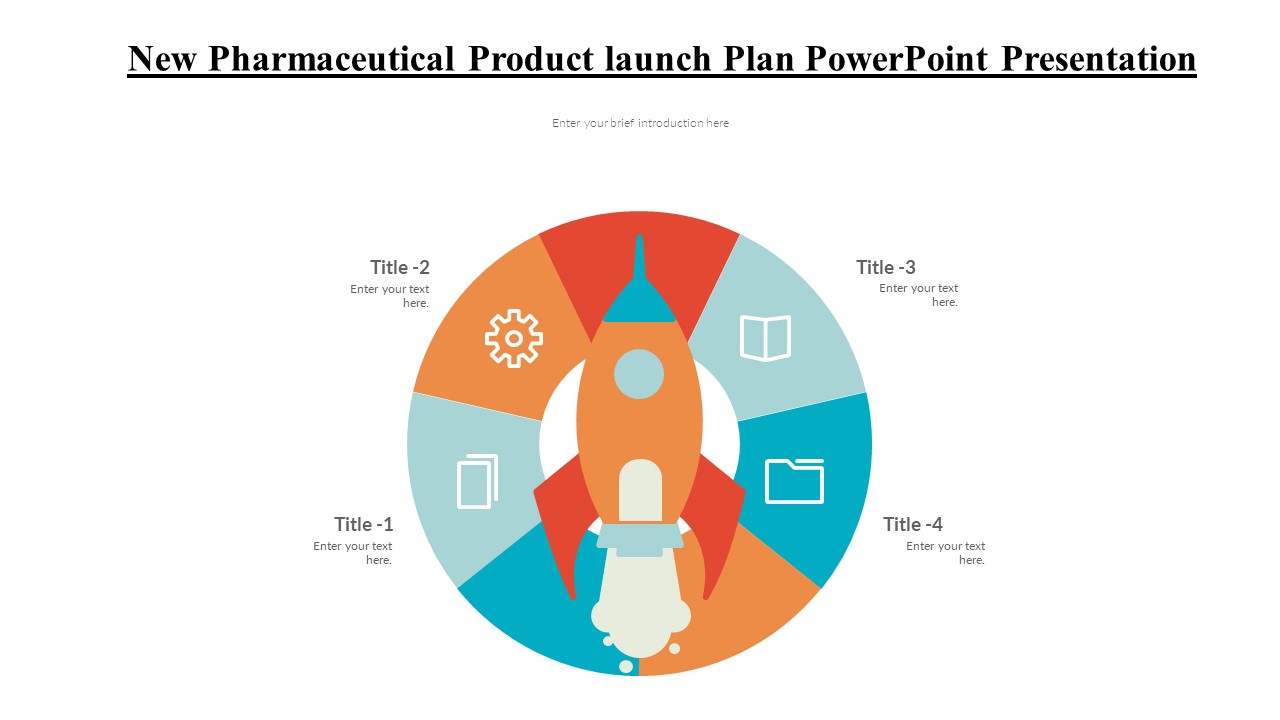
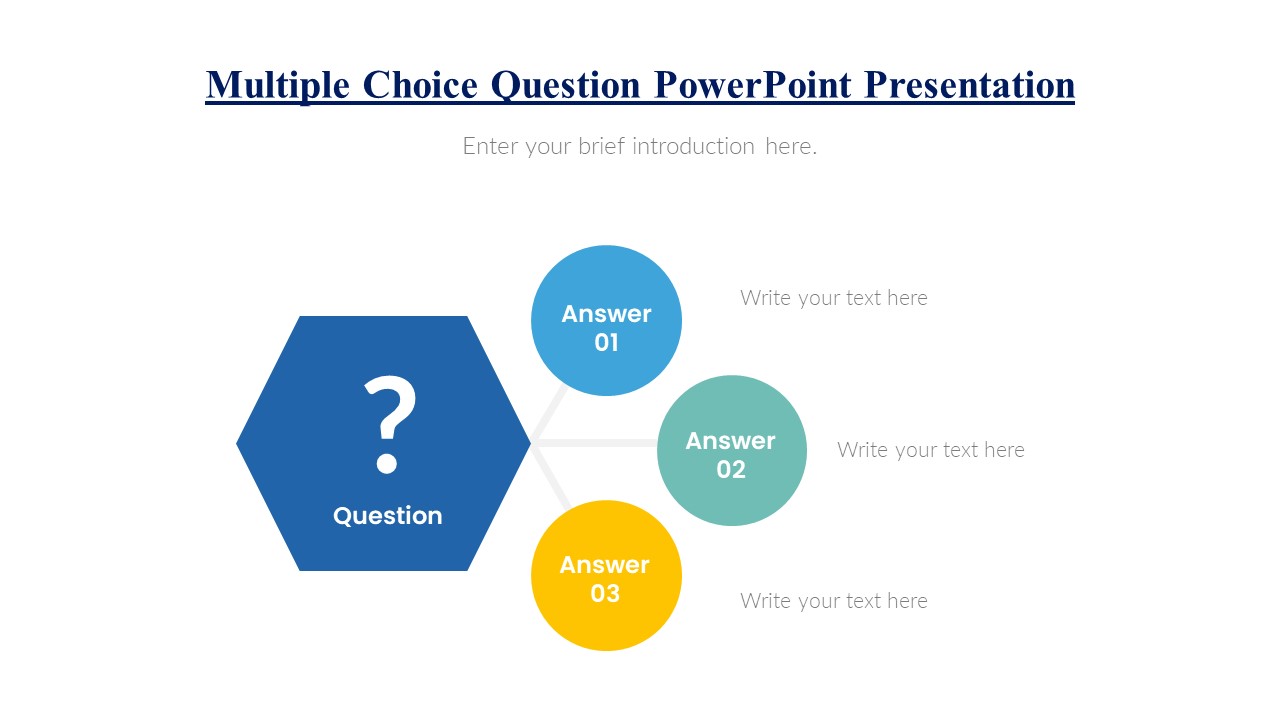



There are no reviews yet.